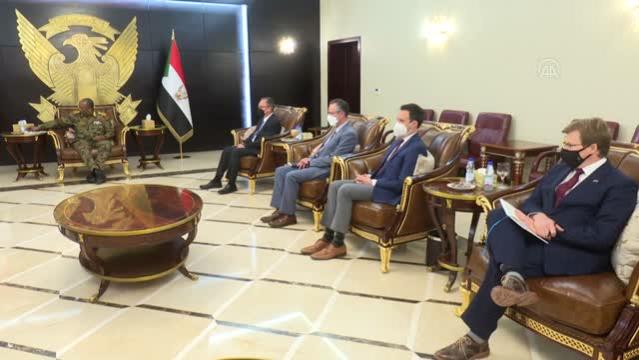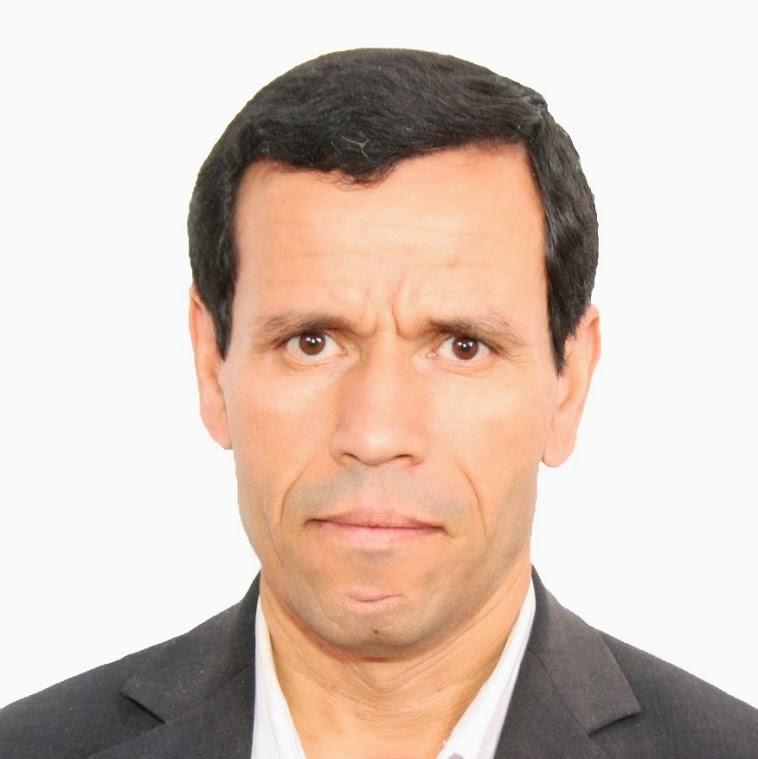
Debating Ideas is a new section that aims to reflect the values and editorial ethos of the African Arguments book series, publishing engaged, often radical, scholarship, original and activist writing from within the African continent and beyond. It will offer debates and engagements, contexts and controversies, and reviews and responses flowing from the African Arguments books.

Both Sudanese activists and foreign observers have focused a large portion of attention on actions that the international community should take to reverse the 25 October coup.[1] The greatest leverage Western nations currently have is pressuring the foreign backers of al-Burhan to reverse their support of the coup. This would mean pausing or reducing weapons sales to Saudi Arabia and the U.A.E., referring these two Gulf nations’ financial systems to international regulators for corrupt practices, and reducing foreign military financing to Egypt. These actions have not been taken despite all the Biden administration’s rhetoric of supporting democracy. Instead, Western capitals are preparing targeted sanctions on Sudanese individuals involved in the 25 October coup.[2] The reality is that these efforts will have little impact. The international community’s window to influence the course of Sudan ended on 25 October. The opportunity lasted two-and-a-half years, and diplomats and politicians should be held to account for their inaction.
Western leaders admiringly pledged billions of dollars to support Sudan’s transition. But the money didn’t come fast enough or in the right format. It took a year-and-a-half for the United States government to remove sanctions on Sudan and provide it much needed financial support.[3] When the money finally was pledged in October 2020 it was not because the Trump administration cared about democracy in Sudan – it was because Republicans wanted to bolster the President’s re-election campaign and had personal intentions to make peace with Israel.[4] And when money from the US, World Bank, and Western nations was finally pledged it came in the form of bureaucratic programmes that too often siphoned off aid or were ineffective.[5] Hamdok needed cash to compete in Sudan’s political marketplace. Instead he got an army of consultants and UN officials who sat in air-conditioned rooms in Khartoum.
But Sudan needed more than money – it needed change. Another failure from the international community is its negligence in supporting this institutional change. In the December 2021 cover story in the Atlantic magazine, Anne Applebaum writes that the 21st century has seen the rise of authoritarianism over democracy.[6] Pro-democracy protestors across the world are up against “Autocracy Inc”, people “who control state companies and can make investment decisions worth billions of dollars for purely political reasons.”
Most diplomats in Khartoum and at the UN in Sudan were at best negligent in promoting necessary reform and at worst made the problem worse. Opportunities to reform aid regulations and its control by the security regime were undermined by the UN and not prioritized by diplomats. Civil service reform was never a priority for the international community. There is no evidence that security sector reform was considered a priority for reform. These topics are complicated for the international community to reform and they do not have the ability to unilaterally change things, but there were opportunities to reduce the influence of autocracy. Al-Bashir was toppled but his kleptocratic system remained untouched. Instead, diplomats were afraid to reform because they thought it would bring instability. UN officials didn’t want to jeopardize six-figure salaries by advocating for reform, and both embassies and UN officials were too inexperienced or naive to do their job.[7] In the final days of the Hamdok era, at least two emergency meetings occurred warning diplomats of the coming coup against Hamdok.[8] Embassies did not act or plan for an international mediation process to salvage the transition. The system’s alarms were ringing and yet many in the international community hit snooze. The inaction should ruin careers. Sadly, it probably won’t.
Protestors should not count on the international community to decide their fate. For seven years, the Sudanese Professionals Association existed underground and in secret without any support from the international community. In the authoritarian near-term in Sudan, protestors should turn inwards for solutions instead of looking outwards. A domestic movement led by labour unions was the backbone of coups in Sudan in 1964, 1985 and 2019. The future of Sudan will be decided by Sudanese.
End Notes
[1] Live interview with Samahir Mubarak, Al Jazeera TV, 13 November 2021.
[2] Conversations with individuals familiar with US policy, 14 and 15 November 2021.
[3] “Trump says US will remove sanctions on Sudan in historic new chapter in relations”, ABC News, 20 October 2020.
[4] “The World Food Program’s freelance diplomacy”, Foreign Policy, 16 November 2021.
[5] Interviews with Khartoum based diplomats and aid officials, September/October 2021.
[6] Anne Applebaum, “The bad guys are winning”, The Atlantic Magazine, December 2021.
[7]Interview with Khartoum based diplomats, September and October 2021. Khartoum based senior UN official, October 2021. Author’s notes, 2021.
[8] Interviews with Khartoum based diplomats, October 2021. Author’s notes, October 2021.
————————————
“This Is Not a Coup” is a daily update from Sudan that gives perspective on the country’s military takeover. The author is anonymous to protect their identity. The title is a reference to the 26 October speech of General Abdel Fatah al-Burhan




